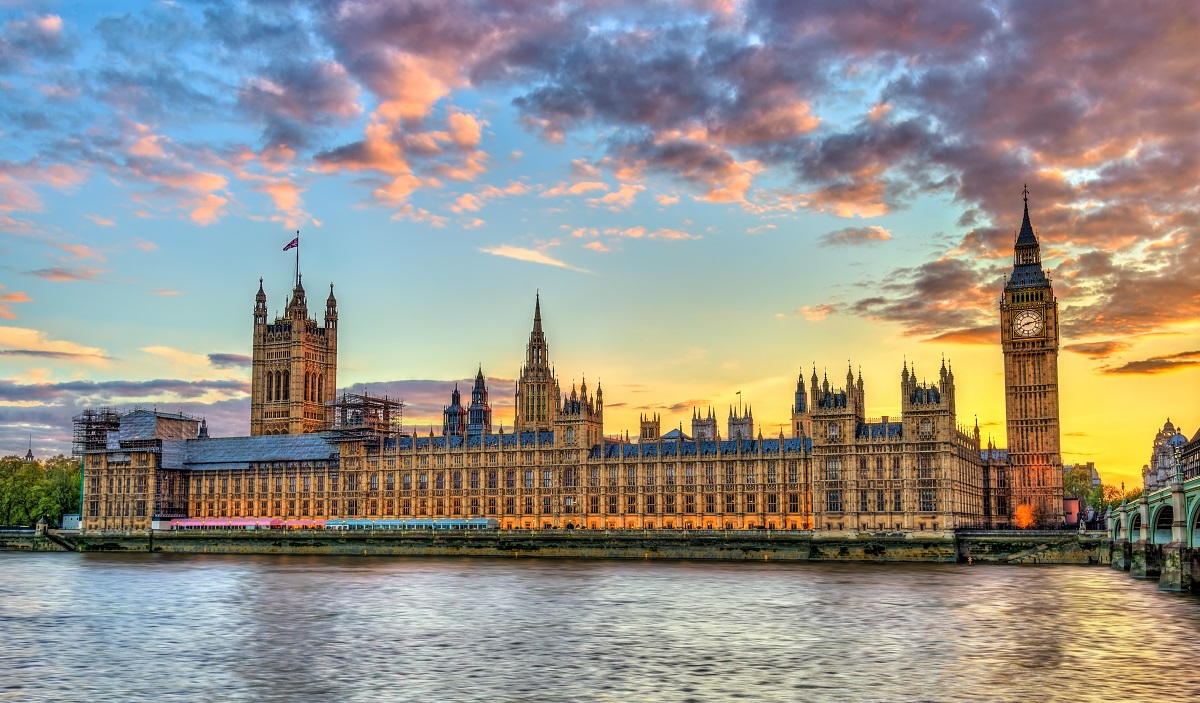Recommended
Following our colleagues’ post on UK political party manifestos and their commitments to development, we take a look at the manifestos’ mentions on official development assistance (ODA) and global health in the run-up to next week’s election. Global health is a major piece of UK development policy; over a quarter of the 0.7 percent of GDP committed to aid is health related, with $1.3 billion channelled via DFID and another $633m through multilaterals (2017 data). Earlier this year DFID committed £1.5 billion to the Global Fund to Fight AIDS, TB and Malaria, making DFID one of 3 largest contributors after the USA and France. We were interested to see how much the parties outline their commitments specifically on global health.
While wonderful to see that most parties stuck to the 0.7 percent GDP for aid commitment, global health features in the manifestos, but not enough–especially given the well-known emerging global threats such as pandemic flu and antibiotic resistance, and the importance of global health in the UK development portfolio. Below, we outline the direct and indirect elements:
Direct mentions of global health
The Conservatives’ manifesto aims to “end preventable deaths of mothers, new-borns and children” and “lead the way in eradicating malaria and Ebola,” while lessening aid dependency and enhancing self-sufficiency. And the Conservatives’ manifesto is the only one of the three main parties that mentions–albeit in passing–the process of transition away from aid. This could be the determining trend in global health over the next decade as global donors including DFID and multilaterals, draw down in middle-income countries such as Ghana, Nigeria and South Africa.
Under the frame of human rights and gender equality, Labour’s manifesto aims for access to essential medicines using strategies of price transparency and patent regime reform internationally. Our recent work on medicines procurement in low- and middle-income countries (LMICs) finds that the majority (over 90 percent) of the market by value is made up of overpriced generics, as opposed to the latest patented products. And with the US eyeing NHS’ drug prices through a favoured nation clause, one wonders whether putting UK discounted deals online is a good idea for lower prices in low-income countries–or indeed at home.
The party also proposes to establish a Public Services Unit within DFID to “uphold basic rights to education, health and clean water,” sharing NHS know-how around the world, shifting the emphasis from public-private partnerships (PPPs) and private finance initiatives (PFIs) to PUPs (public-public partnerships). Some of us have written about the significant potential for PUPs especially in relation to the NHS and UHC and more specifically NICE and the potential for applying its quality and efficiency agenda to global development.
In addition, Labour proposes a green revamp of the UK’s private financing arm–the CDC–, perhaps signalling Labour’s aversion to private involvement in healthcare financing or provision, domestically and internationally.
The Liberal Democrats’ manifesto emphasises climate change mitigation and dealing with environmental crises and refugees as well as inequalities (including gender inequalities), human rights and preventing conflict.
Indirect mentions of global health
Both Labour and the Lib Dems pay attention to the social determinants of health. Trade, women and LGBT empowerment, climate change, tax policies and nutrition, education and agriculture are all mentioned in the various manifestos. We know that policies around these determinants can affect health both at home and abroad, but they are not explicitly linked to health in the manifestos. Such thin coverage of health is troubling given how much the UK’s NHS–one model for UHC around the world–is right at the centre of the pre-election debate. All in all, the Labour manifesto is a lot more detailed and committal on the party’s position regarding social determinants compared to the Conservatives and Lib Dems.
Building on the current domestic public research and development (R&D) effort and spending (1.7 percent of GDP), all three parties signal increases in this area, with Labour and the Lib Dems committing to 3 percent. The Conservatives commit to “the fastest ever increase in domestic public R&D spending” to meet their “target of 2.4 per cent of GDP being spent on R&D across the economy” to be administered through a “new agency at arm’s length from government.” If what we have seen so far is anything to judge from, a large proportion of this is likely to go to health-related research, from basic science to policy, and some of it through partnerships with Southern scholars and institutions. And some of it may qualify as ODA. That said, a lot more is needed to improve ODA funded research, though a recent move by the Medical Research Council to allow LMIC principal investigators to lead applications with or without UK partners, is a positive sign.
What’s missing
Despite the commitment to 0.7 percent of GDP, what we did not see is an intention (and some idea of the “how”) to boost impact of the UK ODA budget in reducing poverty and improving health and eradicating disease. How is success going to be measured and course corrections applied? What are the levers that DFID and the government will have to steer multilateral spend, especially after–or if– Brexit happens? And what about supporting successful aid transitions, as low-income countries that were traditionally eligible for aid, transition into emerging economies–that are increasingly inequitable–and remain home to a large proportion of the world’s poor?
The recent international push on health systems strengthening and universal health coverage do not appear anywhere outside of domestic policies for the NHS, and perhaps more concerningly, there is little mention of the global issues like pandemic threats and antibiotic resistance that require global and concerted efforts–even treaties as well as serious investment–to enable a more effective response than that seen to date.
With thanks to Arthur Baker and Ian Mitchell for their input.
CGD Europe is a UK registered charity governed by the Charity Commission, and is independent of any political party. The views expressed here and in all CGD publications are those of the authors, and do not represent an organisational position.
Disclaimer
CGD blog posts reflect the views of the authors, drawing on prior research and experience in their areas of expertise. CGD is a nonpartisan, independent organization and does not take institutional positions.
Image credit for social media/web: Spotmatik photo, via Adobe Stock






